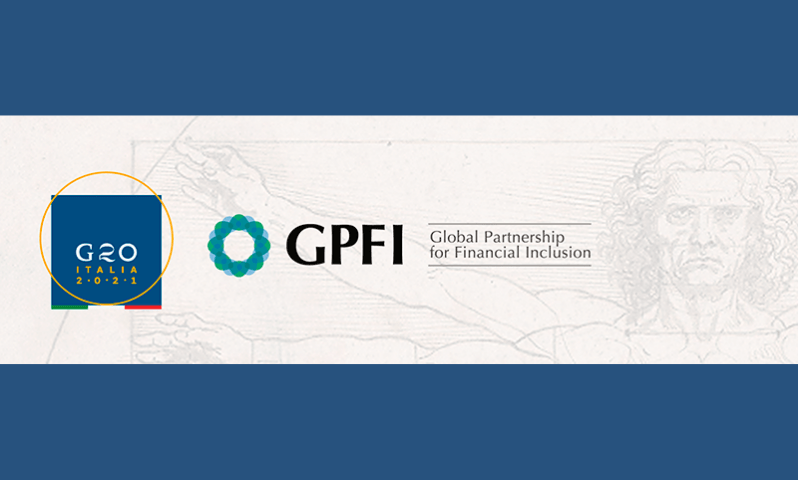Intergovernmental Table on Remittances: Italy’s G20 Commitment to Financial Inclusion at Global Level
March 19th, 2021
The Global Partnership for Financial Inclusion was established within the G20 to promote financial inclusion as a means to facilitate welfare and sustainable growth at global level. Reducing the costs of migrants’ remittances is one of the objectives the Partnership is pursuing. Remittances are a major source of funds for development in migrants’ home countries. In low- and middle-income countries, remittances may account for more than 10 per cent of GDP. Lowering remittance costs facilitates the use of formal financial services to send money home and migrants’ integration in the financial system of the host country. The average global cost of remittances is still as high as 6.5 per cent, but the international community intends to reduce the transaction costs of migrants’ remittances to below 3 per cent by 2030, as endorsed by the United Nations.
Italy was one of the first countries to push for the reduction of remittance costs as a key to economic development and reduced inequality. While the cost of sending an amount of money equal to €200 was higher than 7 per cent in Italy before 2014, the cost dropped to 5.5 per cent in the fourth quarter of last year. This important achievement should be an encouragement for maintaining the commitment to reach 3 per cent. For this reason, in the context of the Italian G20 Presidency, the Bank of Italy and the Ministry of Economy and Finance, with the support of the Ministry of Foreign Affairs and International Cooperation, have resumed the dialogue with the main market operators (banks and other payment services providers) and the relevant trade associations, thus reviving the Intergovernmental Table on Remittances. This is in line with the efforts of the Financial Stability Board and the Bank for International Settlements to improve the efficiency and transparency of international payments, including remittances. It is also consistent with the European retail payments strategy aimed at making international payments quicker, cheaper, more transparent and more efficient.
The first meeting of the Intergovernmental Table on Remittances took place online on 23 February. The Table contributes to identifying public and private measures and strategies for conveying remittance flows through formal financial services. These measures should include low costs and specific financial services tailored to migrants’ needs, and should be submitted to the G20 as good practices.
Italy and the Global Partnership for Financial Inclusion will discuss these important issues at the first GPFI plenary meeting scheduled for 24 and 25 March. The agenda will also include measures to improve access to and the use of financial services by households and enterprises, as well as actions to promote financial education and financial consumer protection across countries.
